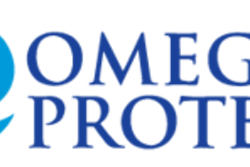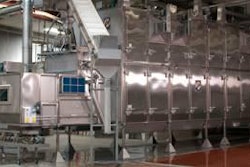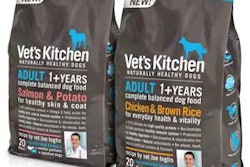Following the BP oil spill, scientists are closely monitoring the menhaden, or pogy, fish species used in petfood. Harvested menhaden are undergoing a two-step testing process that involves officials smelling the catch and testing it for chemicals.
"This was a deepwater spill," said Steve Wilson, chief quality officer for the National Oceanic and Atmospheric Administration’s seafood inspection program. "In general, the fish tended to avoid the area, or when they did swim through, they did not maintain that contamination for long at all — at most, two days."
Wilson said because of this, tests of menhaden have been favorable, causing even less concern over contamination in products made from the fish. Scientists' main concern is whether or not the menhaden species will decline overall due to the Gulf oil spill, an effect that could be felt by consumers.
Ben Landry, a spokesperson for Omega Protein, a supplier of omega-3 based ingredients to the petfood industry, said the company's spotter planes flying over the Gulf so far are reporting good news. "Honestly, the population, as reported by our spotter planes and our captains, has been that there are a tremendous amount of fish out there," he said. "Now again, this is anecdotal, but a lot of these captains have 30-plus years experience. We’re hearing there’s a lot out there."



.png?auto=format%2Ccompress&fit=crop&h=167&q=70&w=250)









